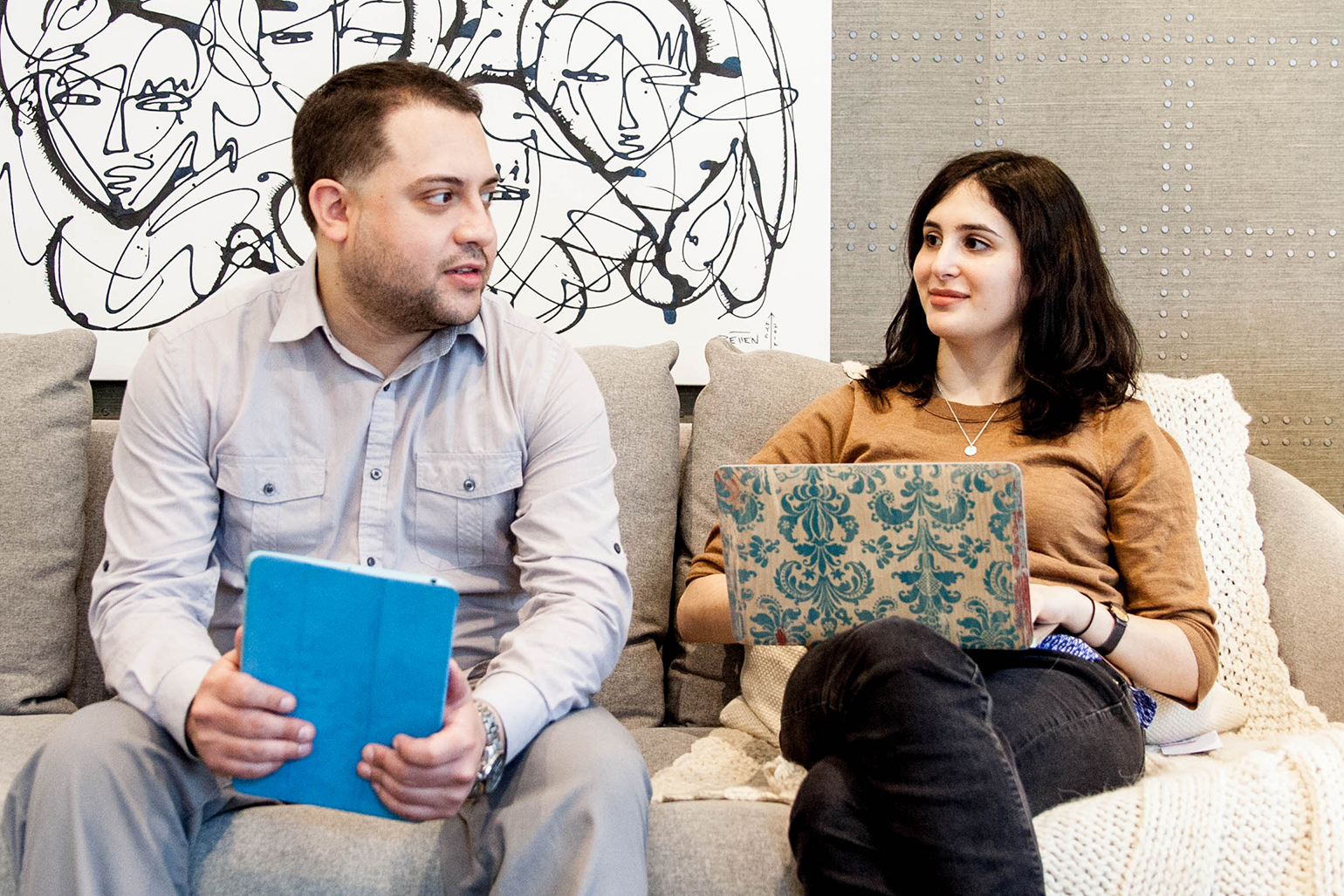CancerCare Weighs In: What Not to Say to Someone Who Has Cancer

A version of this post originally appeared on Grandparents.com, and was republished with permission.
When a friend of family member is diagnosed with cancer, there is shock, sadness, and there's the inevitable question of what to say?
"It's frightening to hear someone talk about cancer, and we automatically think about ourselves," says Sarah Kelly, L.C.S.W., coordinator for older adult programs at CancerCare, a free cancer support resource center in New York City. But, she says, try to keep your own feelings in check and focus on the person who has been diagnosed. "You don't have to fix this situation or say something profound, just being there is huge."
So what comments should you steer clear of and what should you say instead?
Don't Say...
"Everything is going to be fine." The truth is, you don't know that everything is going to be fine, and this comment can sound dismissive, says Kelly. Steer clear of anything that sounds like cheerleading such as, "You'll be okay," or "You'll get through this and come out even better than before." "Sometimes cheerleading can get annoying," says Michele Ryan, breast cancer survivor and author of Cancer: What I Wish I Had Known When I Was First Diagnosed: Tips and Advice From a Survivor. "You might have been throwing up all night, feel terrible, and the last thing you want to hear is cheerleading."
"I know what you're going through is difficult." On the surface this sounds sympathetic, but the problem with this comment is that you really don't know what the person is going thorough. Even if you have had cancer yourself, everyone's experience with the disease is different. Don't try to put yourself in the person's shoes, it diminishes what they are going through.
"Well, at least you got a good kind of cancer." Is there really a "good" kind of cancer?
"God never gives you more than you can handle." "Cancer is not part of a grand plan," says Margaret Lesh, author of Let Me Get This Off My Chest: A Breast Cancer Survivor Over-Shares. Michele Ryan agrees. "I don't care how religious or non-religious you are," she says. "I don't think God wants to give anyone cancer."
"At least you get new boobs!" This isn't the moment to look on cancer's bright side. Really your friend or family member just wants you to acknowledge the gravity of the situation. "The biggest peeve of mine was hearing a comment like this," says Lesh. "If I could have my old, imperfect, saggy, childbirth-ravaged breasts back, I would. The new ones are not the same." Just don't.
"Maybe you should have exercised more/eaten more vegetables, etc." Comments like these and "How did you get it?" sound suspiciously like blame and imply that the person who got cancer is at fault. The last thing you want to do is blame someone who is dealing with such a difficult experience.
Nothing. This can be the worst of all responses. "People bring their own feelings and experiences to the situation, and a lot of them check out," says Ryan, who says eighty percent of the people in her life had a hard time dealing with her diagnosis. "They ask a couple of questions when you tell them about the diagnosis and then they are gone." This can feel like abandonment and be incredibly hurtful. If you're having trouble coping with a friend or family member's diagnosis, better to tell the person and talk about it, says CancerCare's Kelly. That way, they feel like you are there for them.
Do say…
"I'm not sure what to say right now, but I want you to know I love you." This acknowledges that you feel awkward, but let's the person know in a very simple way that you care.
"How are you really doing?" "All friendships are different, but with my best friend, I really appreciated when she would sit down with me and ask me to tell her everything I was feeling and going through," says Ryan.
"We're going to get through this together." This let's your friend or family member know that you're not going anywhere, and they can be counted on through all the ups and downs.
"You've got this!" "The acknowledgment was the important thing when I was going through cancer," says Lesh. "Knowing that other people cared helped me to realize that I was not alone. Something simple and positive such as 'You’ve got this!' is good."
"Count on me for dinners/picking up the kids/taking you to the doctor," Routine and daily tasks such as cooking meals, laundry, and grocery shopping can be a lot to handle when someone is going through treatment. Instead of saying, "Let me know if you need anything," offer to do specific chores to help out. "As a dog owner, I know I feel guilty when my dog doesn’t get her walks," says Lesh. "This could be a real weight off of someone going through treatment. Our pets are part of the family, too, and may fly under the radar when a household is dealing with cancer." CancerCare offers a private, online scheduling tool, My Cancer Circle, to help coordinate tasks with friends, family and neighbors.
One more thing you can do to help: sit with your friend during chemo treatments, or go to the hospital to be with family members during surgery. "My friends sat with my husband, which was so needed and I was so thankful for that," says Ryan. "Caregivers can get lost and they need support, too." Click here to learn more about CancerCare's caregiver resources.

Comments